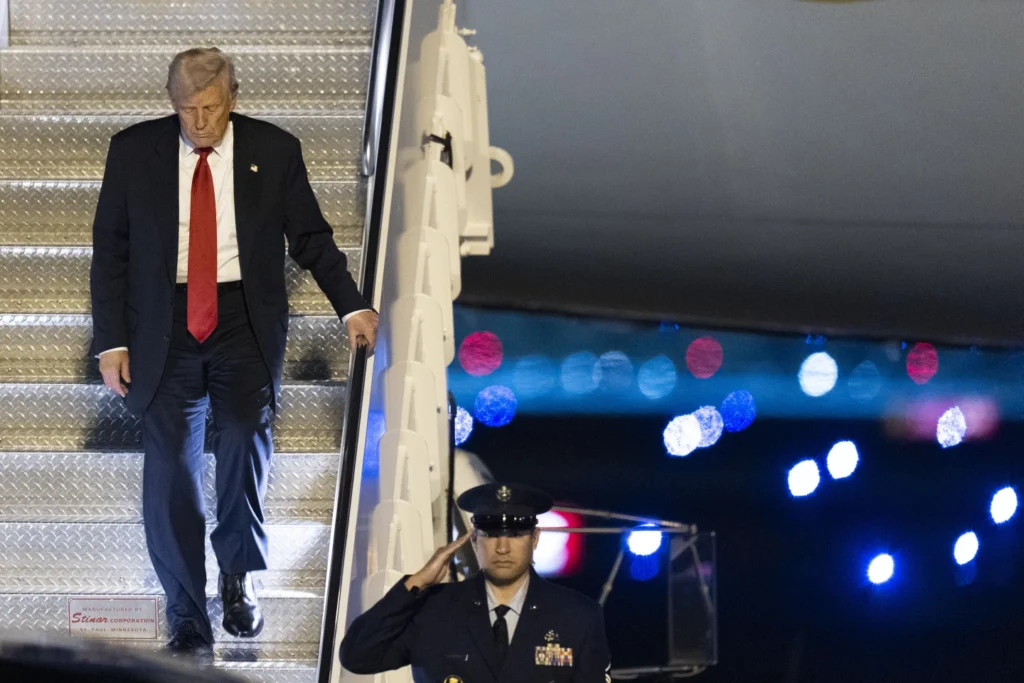President Donald Trump invoked the Alien Enemies Act of 1798 on Saturday to fast-track the deportation of alleged members of the Venezuelan gang Tren de Aragua, calling their presence an “invasion” and a threat to national security. However, a federal judge blocked the move just hours later, temporarily halting deportations under the law.

Trump’s proclamation, issued by the White House on Saturday, argues that Tren de Aragua is conducting irregular warfare against the U.S. through organized crime, including kidnapping, extortion, and contract killings.
The Alien Enemies Act, a wartime law rarely used outside of active military conflict, could allow the administration to bypass due process and swiftly deport non-citizens deemed threats. Under Trump’s directive, any Venezuelan citizen aged 14 or older found to be a member of the gang—who is in the U.S. but not a naturalized citizen or lawful permanent resident—would be subject to immediate apprehension and removal.
The law was most notably used during World War II to justify internment camps for people of Japanese, German, and Italian descent. Civil rights groups have criticized Trump’s attempt to revive it for mass deportations, warning of legal challenges.
Within hours of Trump’s order, a federal judge issued a temporary restraining order, blocking the government from deporting five Venezuelan migrants after two nonprofit organizations, the ACLU and Democracy Forward, sued. The lawsuit argues that invoking the Alien Enemies Act in this manner is unlawful because the statute has only been applied during wartime and requires evidence of direct hostile actions.
Chief Judge James E. Boasberg of the U.S. District Court for the District of Columbia stated during an emergency hearing that he did not believe he could wait any longer and was required to act.
He noted that the U.S. government was already flying deportees to El Salvador and Honduras for detention, emphasizing that delaying their removal posed no harm to the government since they remained in custody. The court’s ruling temporarily blocks deportations for 14 days, and the ACLU plans to seek broader protections for all individuals targeted under Trump’s order.
Trump’s move to invoke the Alien Enemies Act is part of his broader effort to step up immigration enforcement since returning to office on January 20. His administration has declared Tren de Aragua and other criminal groups as global terrorist organizations.
He has deployed additional troops to the U.S.-Mexico border and redirected federal agents to focus on tracking and removing immigration offenders. However, despite Trump’s pledge to deport millions of undocumented immigrants, his initial deportation numbers lag behind those of Democratic predecessor Joe Biden, who deported large numbers of recent border crossers.
The White House has not responded to requests for comment, but court filings show the government has already appealed the judge’s ruling. With immigration enforcement a central issue in Trump’s administration, the legal battle over the Alien Enemies Act could set a major precedent for the president’s ability to bypass standard deportation procedures.
AP/Reuters



